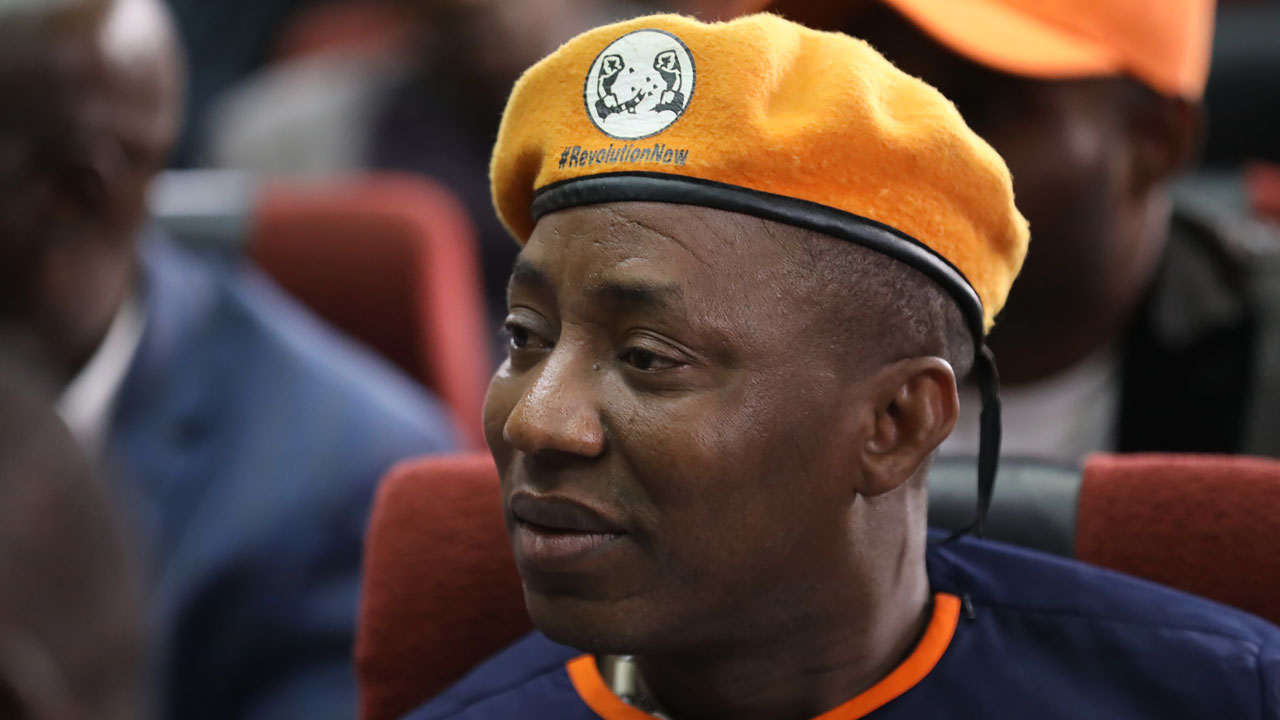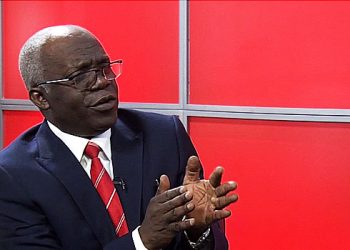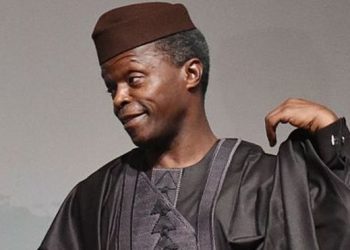Veteran entertainer and activist Charles Oputa, popularly known as Charly Boy, has strongly criticised the Bariga Local Council Development Area (LCDA) for renaming the popular “Charly Boy Bus Stop” in Lagos after rapper Olamide.
The bus stop, situated along the Gbagada-Bariga axis, was officially renamed “Baddo Bus Stop” on Friday in honour of Olamide Adedeji, popularly known as Baddo, a celebrated son of Bariga.
Reacting to the development via his official X (formerly Twitter) account, the 74-year-old cultural icon accused the council of attempting to erase his legacy.
“Dem say dey don chang the name of Charly Boy Bus Stop. Hmmm. Very interesting,” he began in a strongly worded post. “You can rename a place… but you can’t rename a legacy. You can replace the signboard… but you can’t erase the spirit.”
Charly Boy, also known as Area Fada, added: “This is not just about a bus stop. This is about fear. Fear of a boy who refused to bow. Fear of a man who challenged the oppressors… The name Charly Boy Bus Stop was not given by politicians. It was named by the people—the same people Fada fought for, walked with, and empowered.”
He concluded his message with a defiant tone: “Legacy isn’t on a signboard. It’s in the hearts you changed, the voices you awakened, and the fear you planted in corrupt souls… Still here. Still standing. Still fighting. His legacy? Will outlive yaall.”
The renaming was part of a wider initiative by the Bariga LCDA Chairman, Kolade Alabi, who announced that several streets and public spots would be named after notable figures, including music legends King Sunny Ade, 9ice, Tony Tetuila, and Arsenal footballer Bukayo Saka.
However, the move has been met with criticism from prominent Nigerians who view it as both unconstitutional and an erasure of community identity.
Human rights lawyer Femi Falana (SAN) condemned the renaming exercise, describing it as “authoritarian” and a violation of constitutional provisions.
In a statement issued on Sunday, Falana said: “These actions amount to an illegal usurpation of constitutional functions… The usurpation of the exclusive functions of local governments on street naming by certain individuals and Local Council Development Areas in Lagos State cannot be justified under the Nigerian Constitution.”
Falana cited the 1999 Constitution and a precedent-setting court judgment in Obidi Ume v. Abuja Metropolitan Management Council, which affirmed that only properly constituted local government councils have the legal authority to name roads and assign addresses.
He also noted the historical and cultural significance of the “Charly Boy Bus Stop,” arguing that renaming it without community consultation is an affront to democratic principles.
“Charley Boy Bus Stop acquired its name sociologically due to its functionality and the positive impact which Charley Boy has historically made in the area,” he said.
Similarly, human rights activist Omoyele Sowore condemned the action as an “act of cultural erasure” intended to silence dissenting voices like Charly Boy’s.
Sowore and Falana both urged Lagos local government legislative councils to resist arbitrary renaming exercises and demand public hearings in line with democratic governance.
As the controversy continues to unfold, it underscores the tension between legacy and politics, community history and bureaucratic decisions in Nigeria’s urban spaces.

Madukwe B. Nwabuisi is an accomplished journalist renown for his fearless reporting style and extensive expertise in the field. He is an investigative journalist, who has established himself as a kamikaze reporter.

















